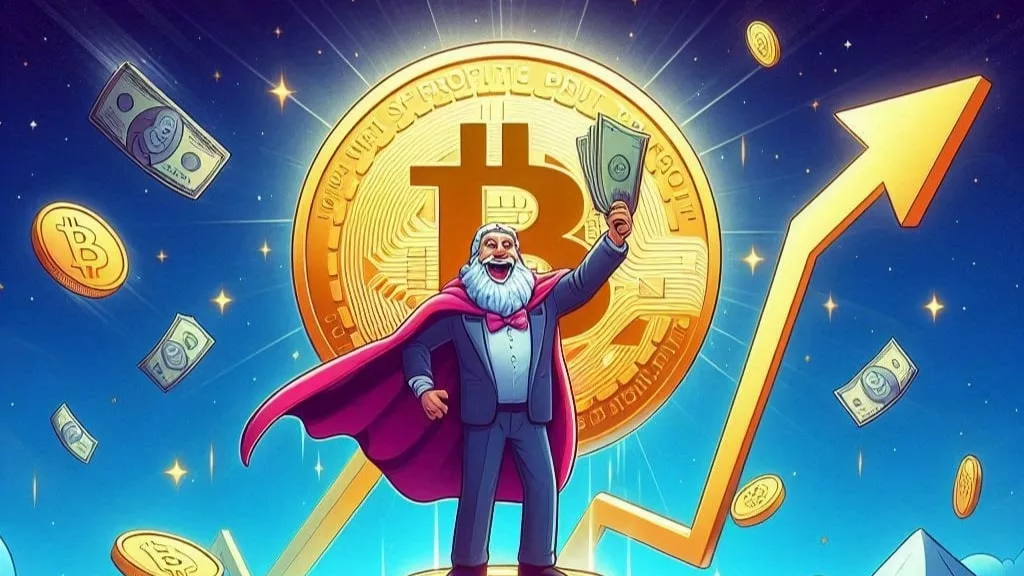
Ripple Labs Inc. finds itself at the center of a legal storm with the U.S. Securities and Exchange Commission (SEC). At stake is a proposed $2 billion fine over allegations related to the sale of its digital asset XRP, debates that could redefine how cryptocurrencies are regulated in the United States and beyond.
The SEC’s scrutiny of Ripple dates back to December 2020, when it accused the company of conducting unregistered securities offerings through the sale of XRP, totaling approximately $1.3 billion. This accusation ignited a contentious legal dispute that has since unfolded in the courtroom, with Ripple vehemently contesting the SEC’s allegations.
Central to Ripple’s defense strategy is the comparison to Terraform Labs’ recent $4.5 billion settlement with the SEC. Terraform, involved in a similar securities violation case, settled for a significantly higher amount, alongside stringent sanctions against its co-founder. Ripple argues that its infractions were less severe, with no fraud allegations and minimal investor losses, warranting a proportionately lower penalty—potentially as low as $10 million.
At the heart of Ripple’s legal battle is the question of whether XRP should be classified as a security under U.S. law. This classification holds profound implications, as securities are subject to stringent regulatory oversight and compliance requirements. Ripple contends that XRP functions primarily as a digital currency, akin to Bitcoin and Ethereum, and should not be subject to the same regulatory scrutiny as traditional securities.
The legal saga took a pivotal turn when a judge ruled that while Ripple’s public sales of XRP did not violate securities laws, institutional sales required registration. This nuanced decision highlights the complexities involved in regulating digital assets, suggesting that regulatory treatment may vary based on the specific circumstances of each case.
Beyond its immediate implications for Ripple, the outcome of this legal battle could set crucial precedents for the broader cryptocurrency industry. A favorable ruling for Ripple, resulting in a reduction of the SEC’s proposed fine, could establish a precedent that not all digital asset transactions necessitate severe penalties. This precedent could potentially reshape how regulatory agencies approach enforcement actions and provide clarity on the regulatory status of digital assets.
Conversely, an adverse ruling could reinforce the SEC’s stance on XRP as an unregistered security, setting a precedent that could impact the regulatory landscape for other cryptocurrencies facing similar allegations. The ripple effects of this case extend beyond Ripple itself, influencing investor sentiment, market dynamics, and regulatory frameworks globally.
From a market perspective, Ripple’s legal battle has varied reactions among investors and stakeholders. Technical analysis of XRP’s price movements in relation to key legal developments reveals heightened volatility and market uncertainty surrounding the case’s outcome.
Investor sentiment towards XRP fluctuates based on legal updates and regulatory news, underscoring the sensitivity of cryptocurrency markets to regulatory decisions. The potential reclassification of XRP as a security or currency could impact its market accessibility, liquidity, and investor participation, shaping its future trajectory in the digital asset ecosystem.
Looking ahead, the resolution of Ripple’s legal battle holds significant implications for the future regulatory framework of cryptocurrencies. Regulatory clarity is essential for fostering innovation, protecting investors, and ensuring market integrity in the burgeoning digital asset space.
As policymakers, regulators, and industry participants await a verdict, the cryptocurrency community remains vigilant, anticipating potential shifts in regulatory frameworks that could influence market dynamics and investor confidence. Ripple’s case serves as a litmus test for regulatory approaches to digital assets, highlighting the need for balanced oversight that supports innovation while safeguarding market participants.
In conclusion, Ripple’s legal battle with the SEC represents a critical juncture in the evolution of cryptocurrency regulation. The outcome will not only determine Ripple’s future but also shape the regulatory environment for digital assets globally. Whether XRP is ultimately classified as a security or a currency, the implications for market participants, regulatory clarity, and investor protection are profound.



Get the latest Crypto & Blockchain News in your inbox.